Turmeric, or the rhizome, is used not only as a food spice, but also as a medicinal plant. Turmeric is part of Ayurvedic medicine. Traditional medicines use it to stimulate digestion and treat related disorders, particularly in the prevention and treatment of certain cancers. Powerful stimulant: turmeric combats gastric acidity by stimulating mucus secretion; it protects the stomach against peptic ulcers and the liver, and reduces nausea. Anti-inflammatory: thanks to curcumin, the rhizome cures intestinal inflammation and limits painful attacks in the case of ulcerative colitis. Curcumin is also effective against gastritis, pancreatitis and rheumatoid arthritis, and is useful for post-operative oedema. Blood thinner: turmeric helps treat circulatory problems and, as a result, reduces the risk of stroke and heart attack. Antioxidant: turmeric is used to prevent cell ageing. For external use. Antibacterial and anti-inflammatory, turmeric can be applied as a poultice to treat conditions such as eczema, psoriasis and fungal infections. Usual therapeutic indications. Digestive disorders: dyspepsia, stomach ache, nausea, loss of appetite, heaviness and bloating. Protection of the stomach and liver. Pain associated with intestinal inflammation, ulcerative colitis, rheumatoid arthritis or pancreatitis. Dermatological problems: eczema, mycosis, psoriasis. Other proven therapeutic indications. Prevention of cell ageing, circulatory problems, menstrual pain. In powder form, daily consumption of turmeric can vary between 1.5 and 3 g, or about the equivalent of a teaspoon. An infusion is prepared in ten to fifteen minutes with 1.5 or 2 g of turmeric infused in 150 ml of boiling water. Two cups a day are recommended.
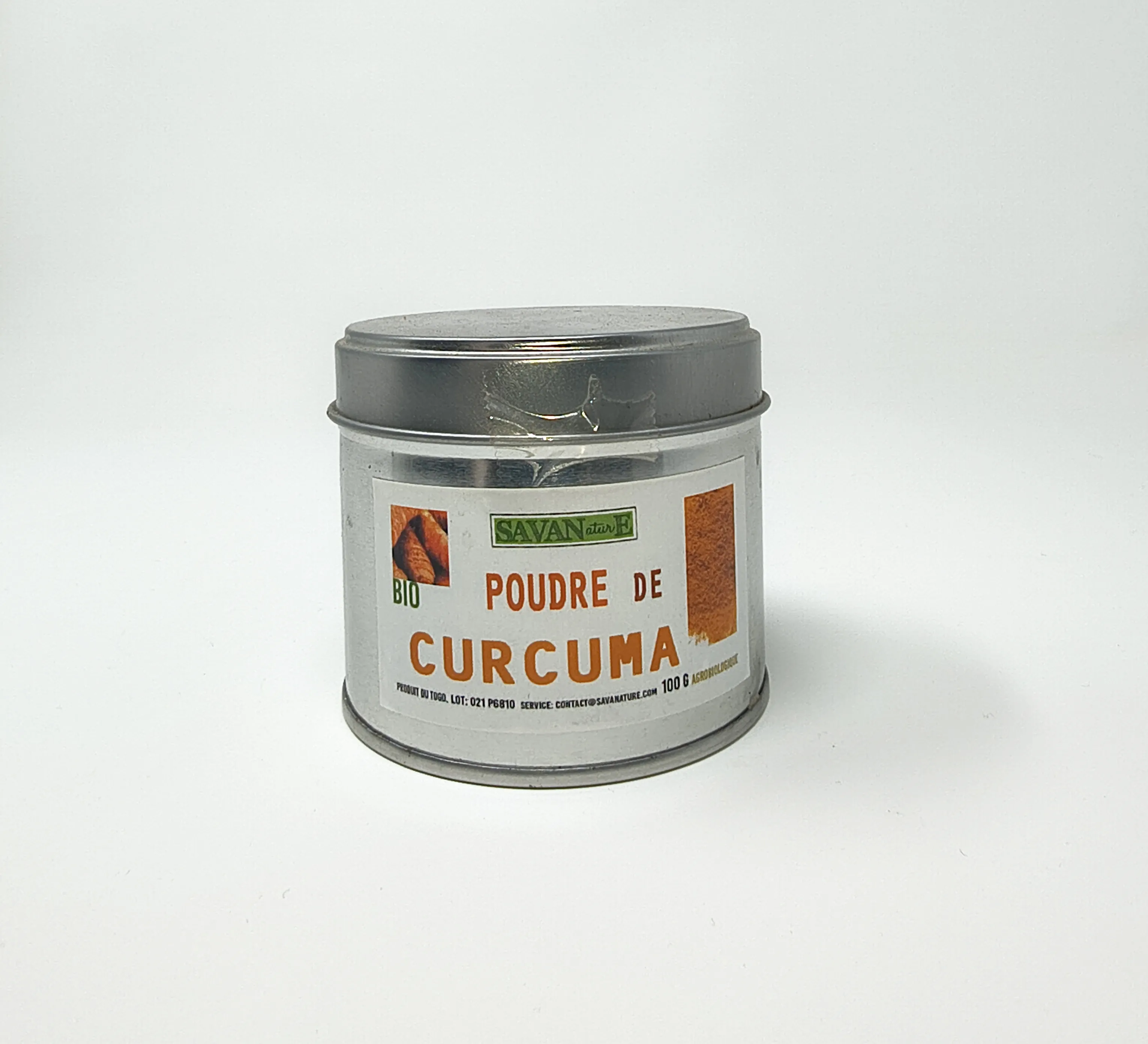
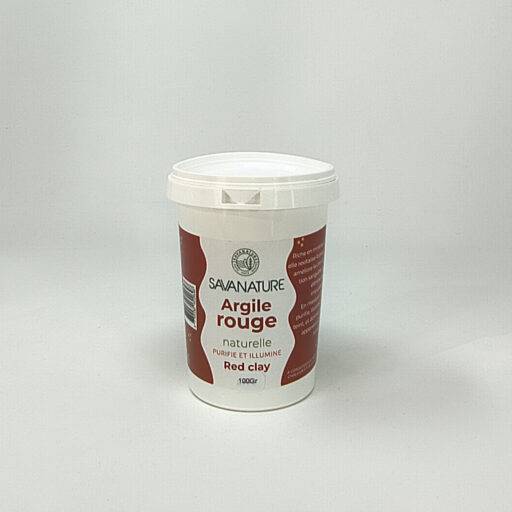
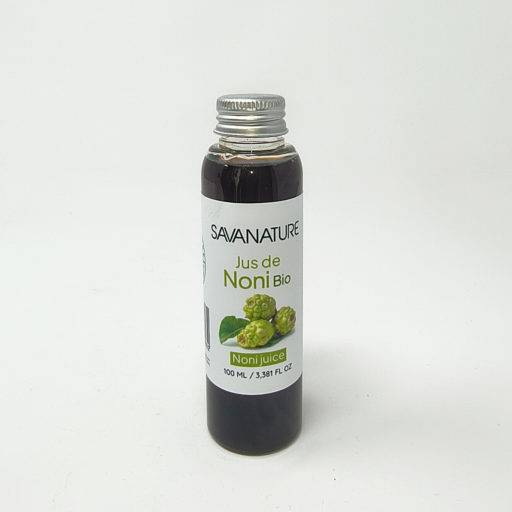
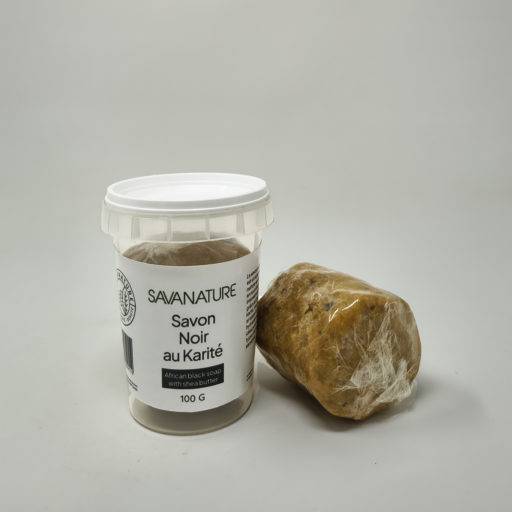

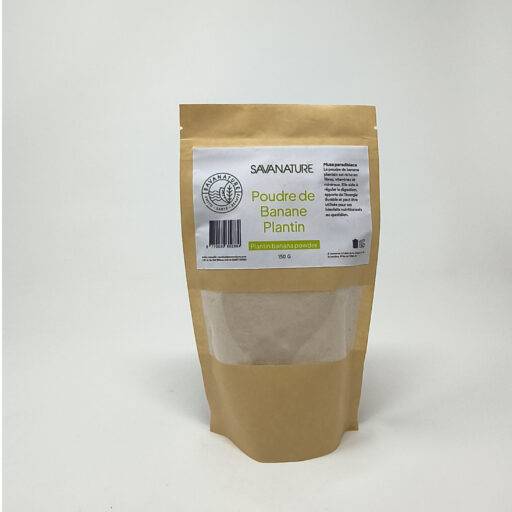
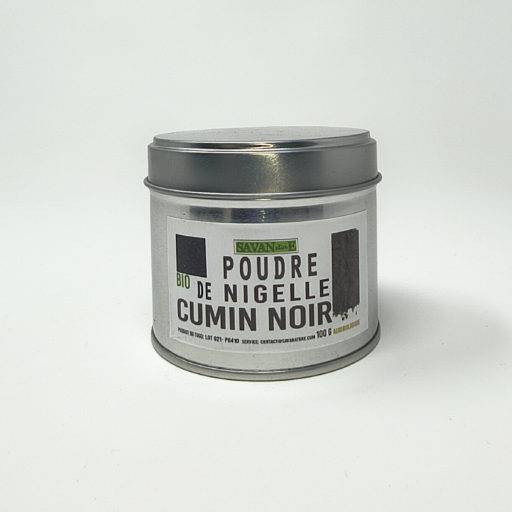
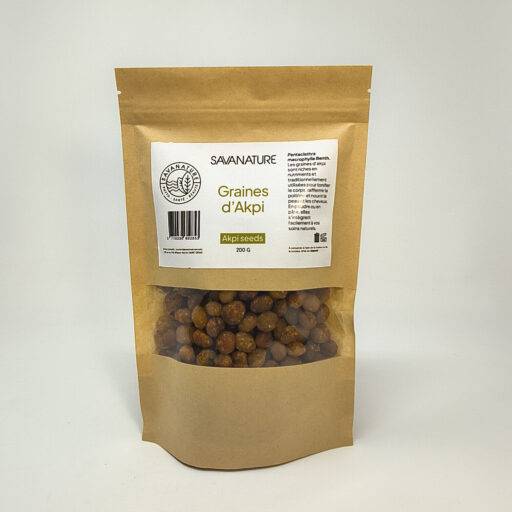
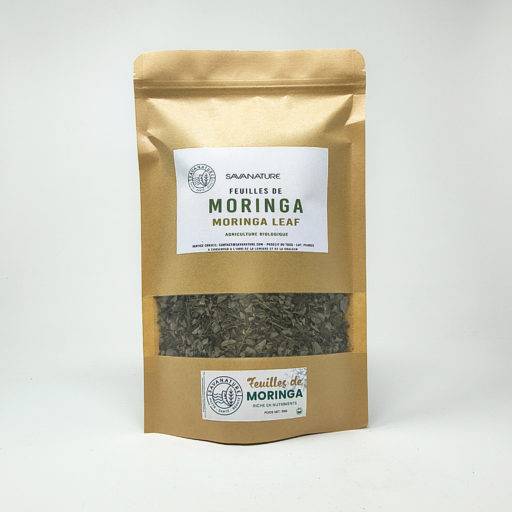
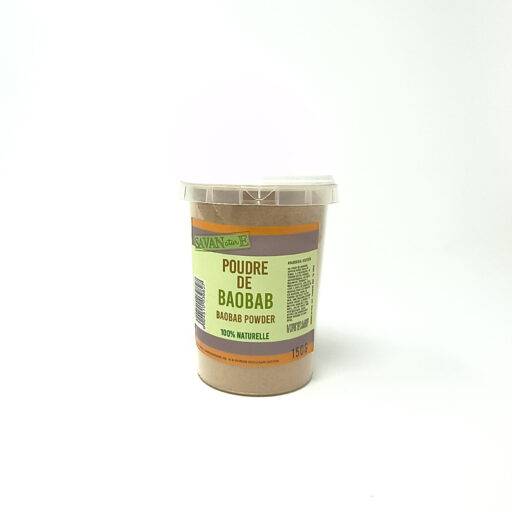
Reviews
There are no reviews yet.